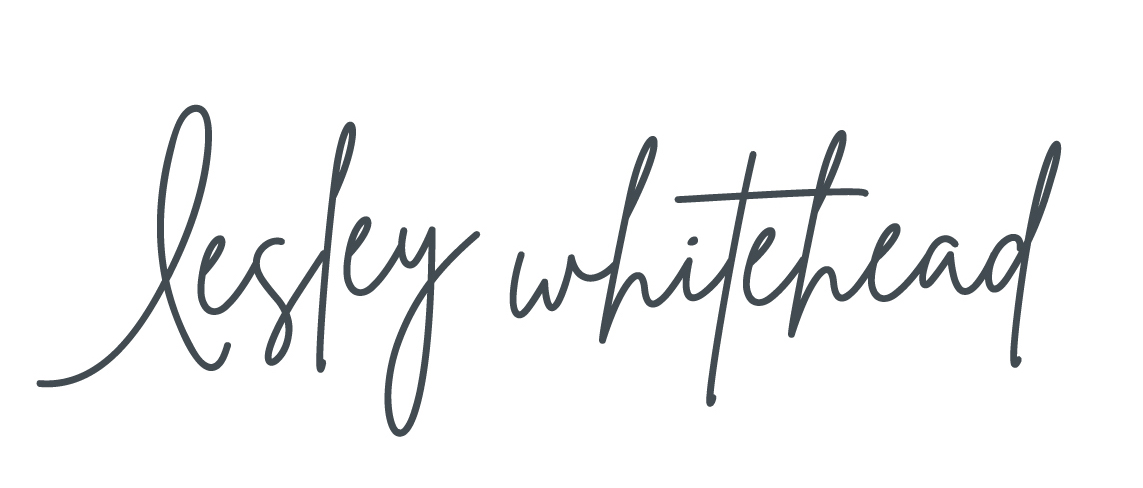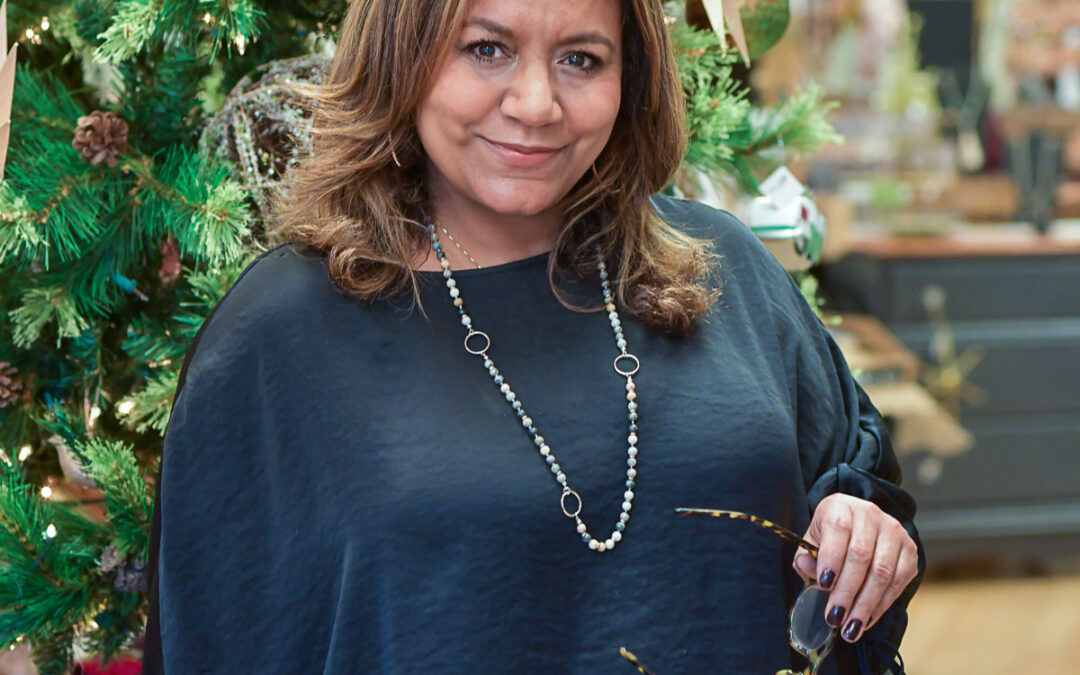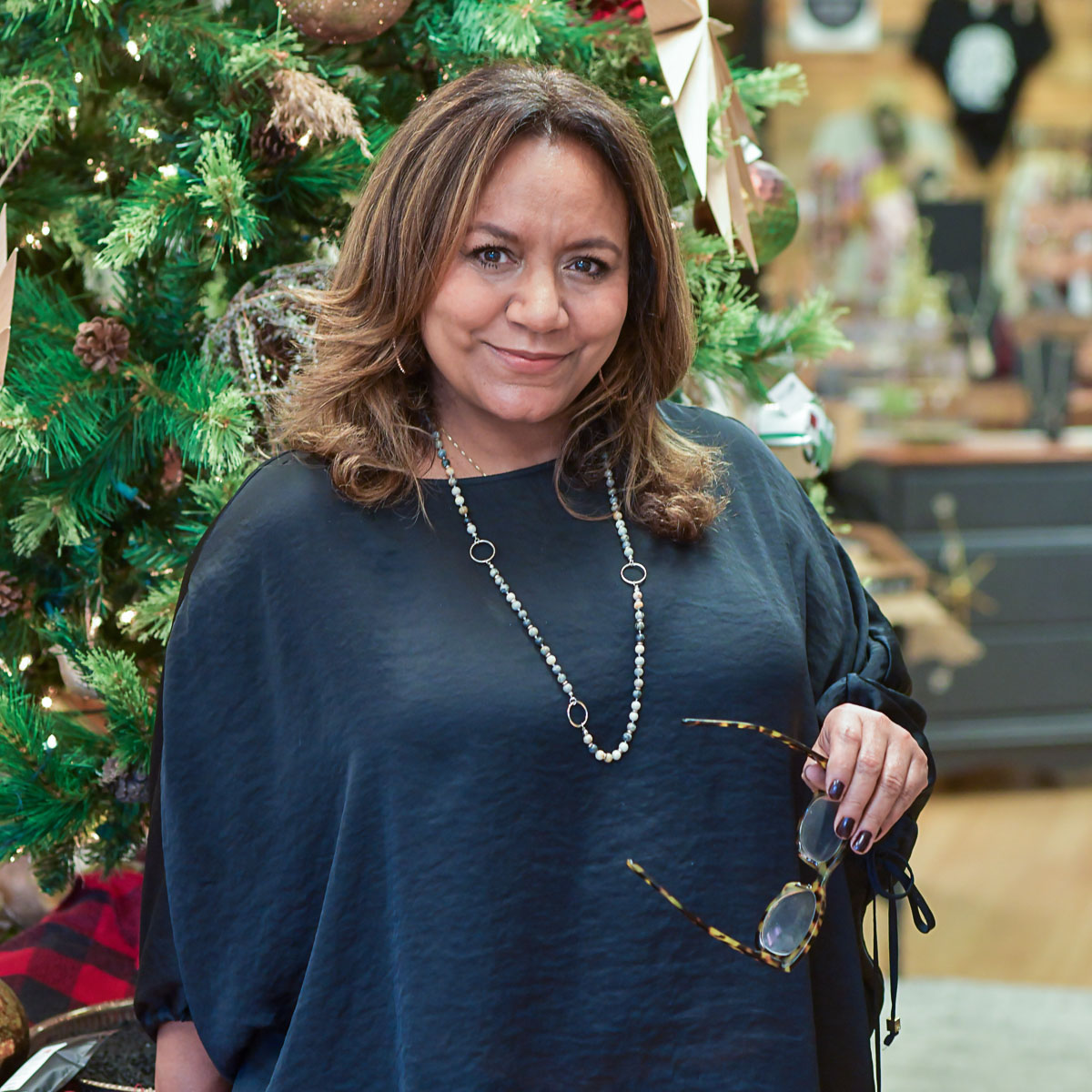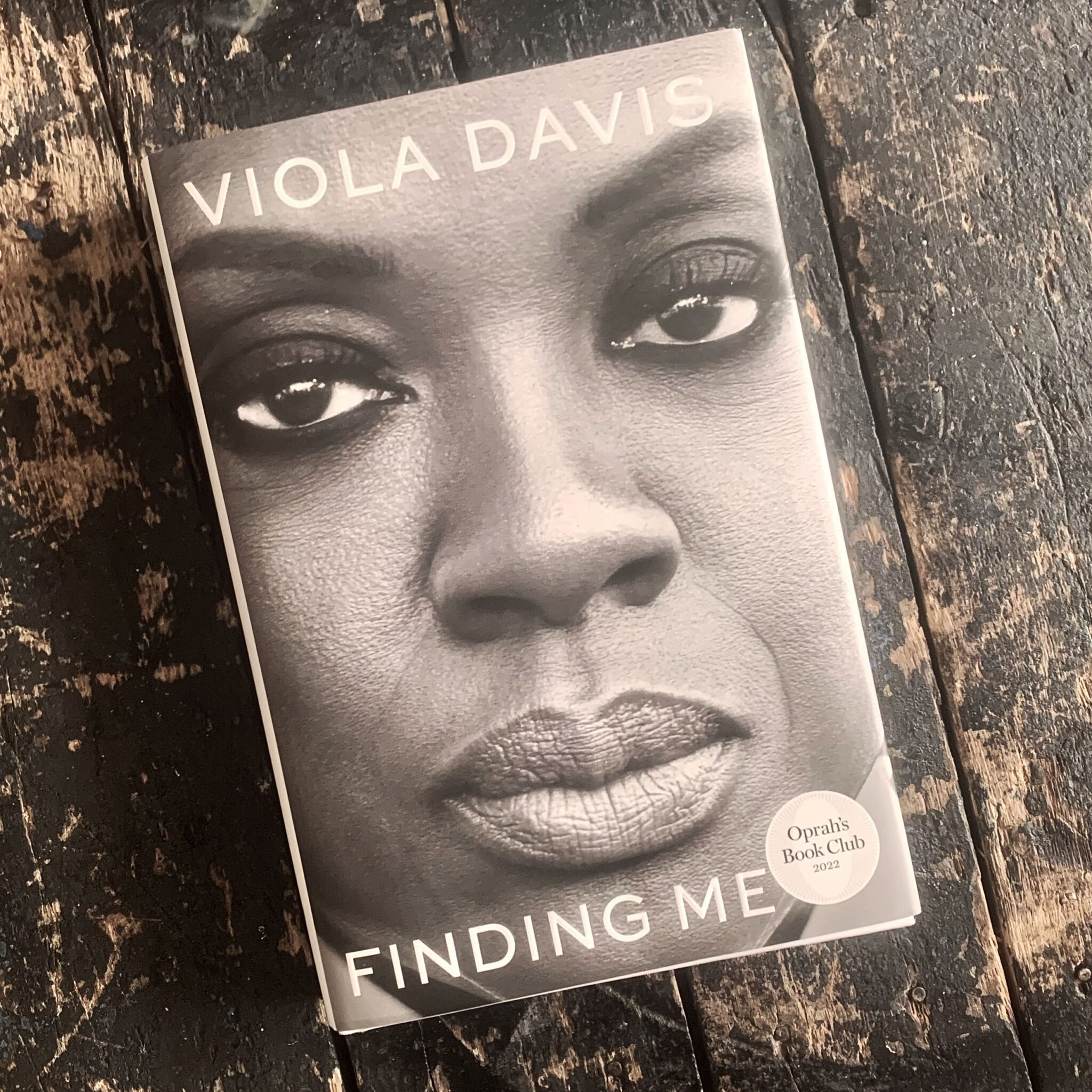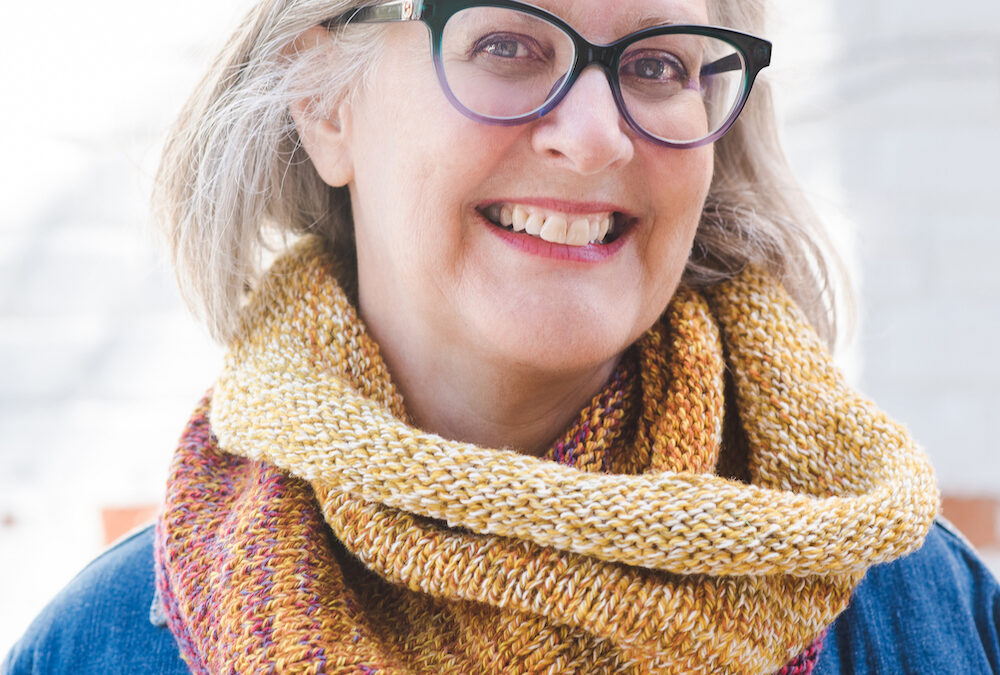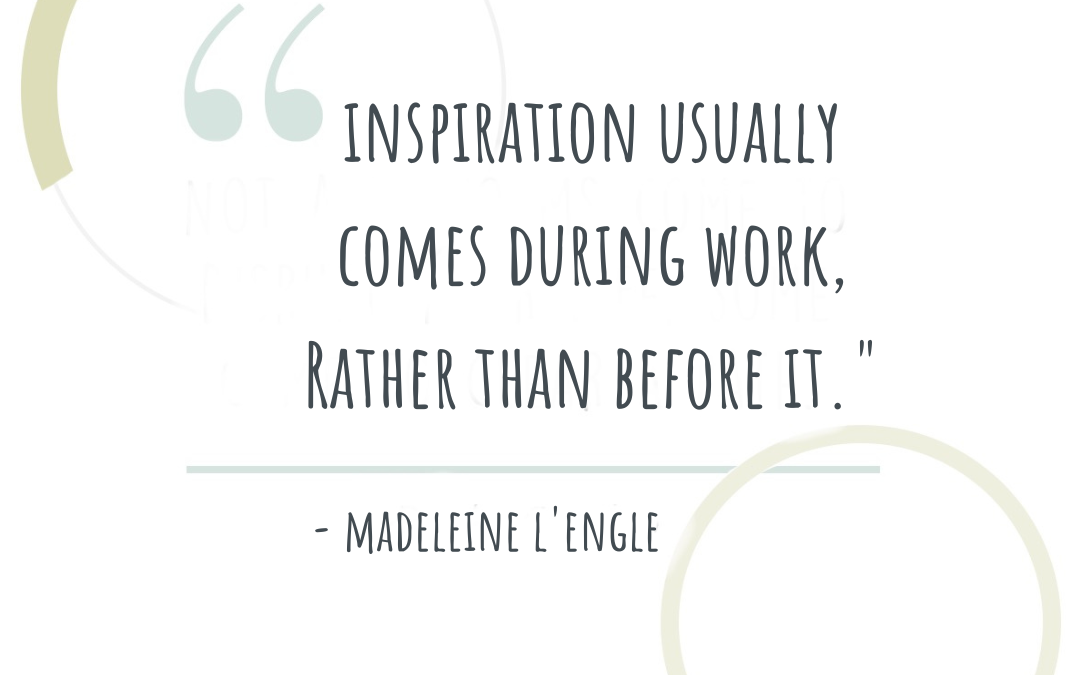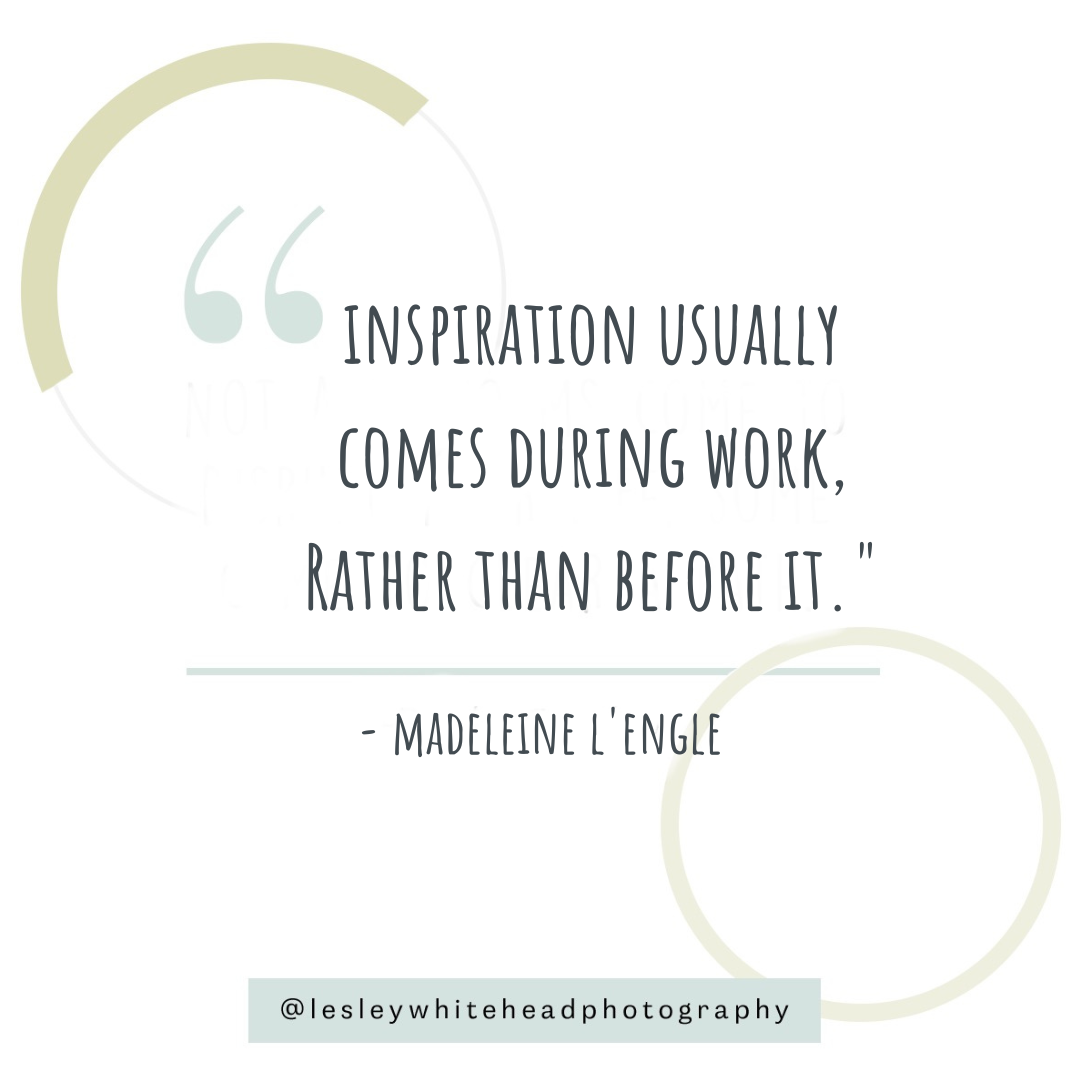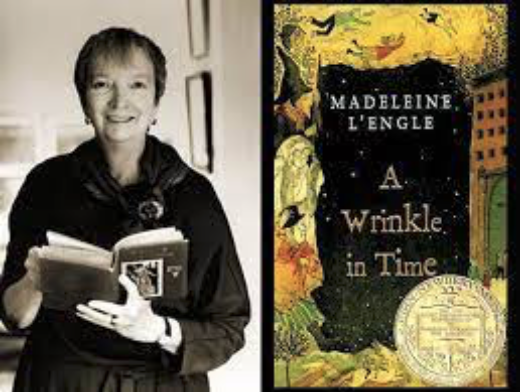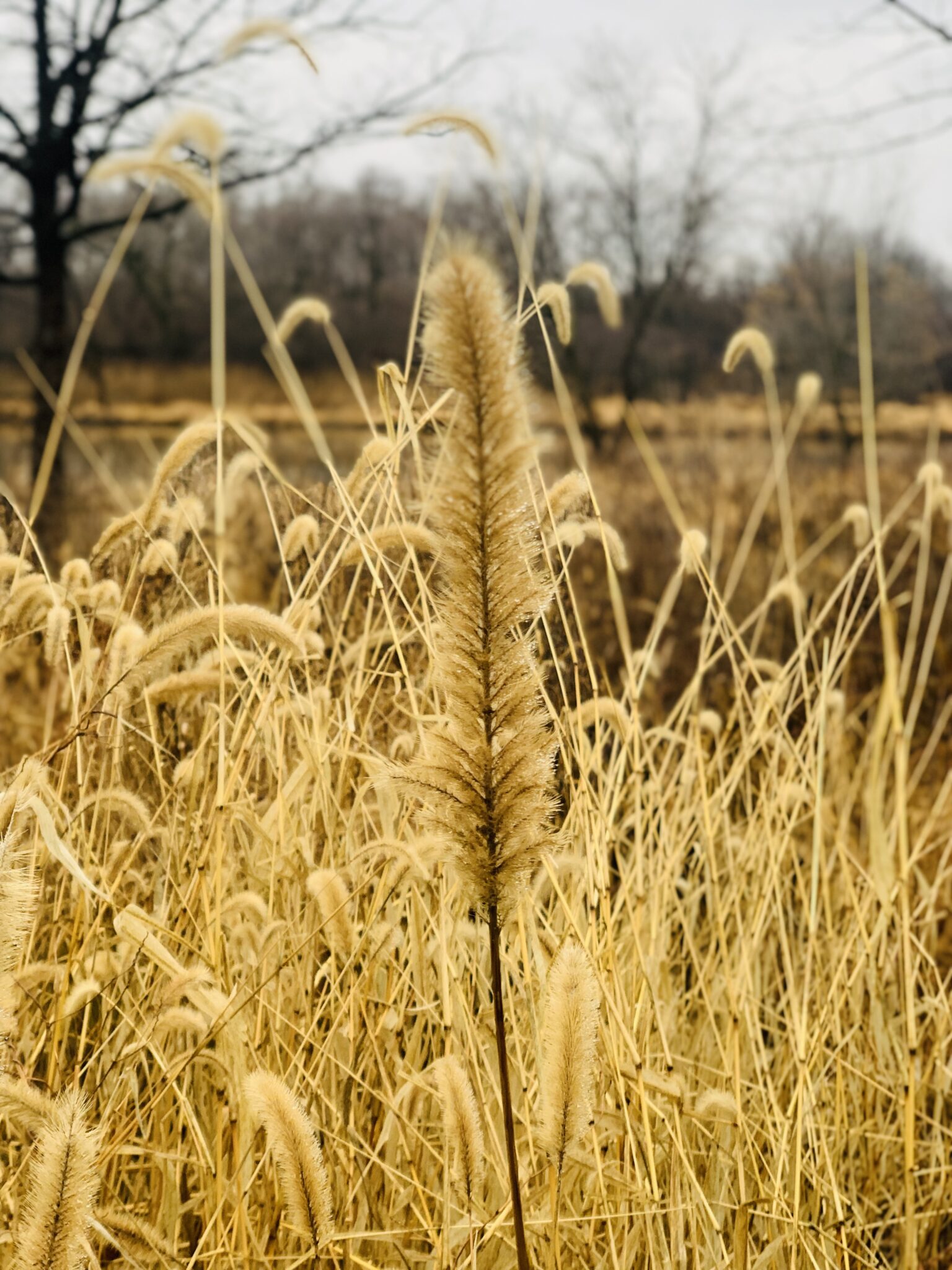April 10, 2024Episode 006: Making the World Better One Stitch at a Time with Janet Avila, Owner of String Theory Yarn Company,,, Welcome back to Her Story So Far! I am so in awe of my guest this time. After a life-altering tragedy, Janey Avila listened to her heart,...
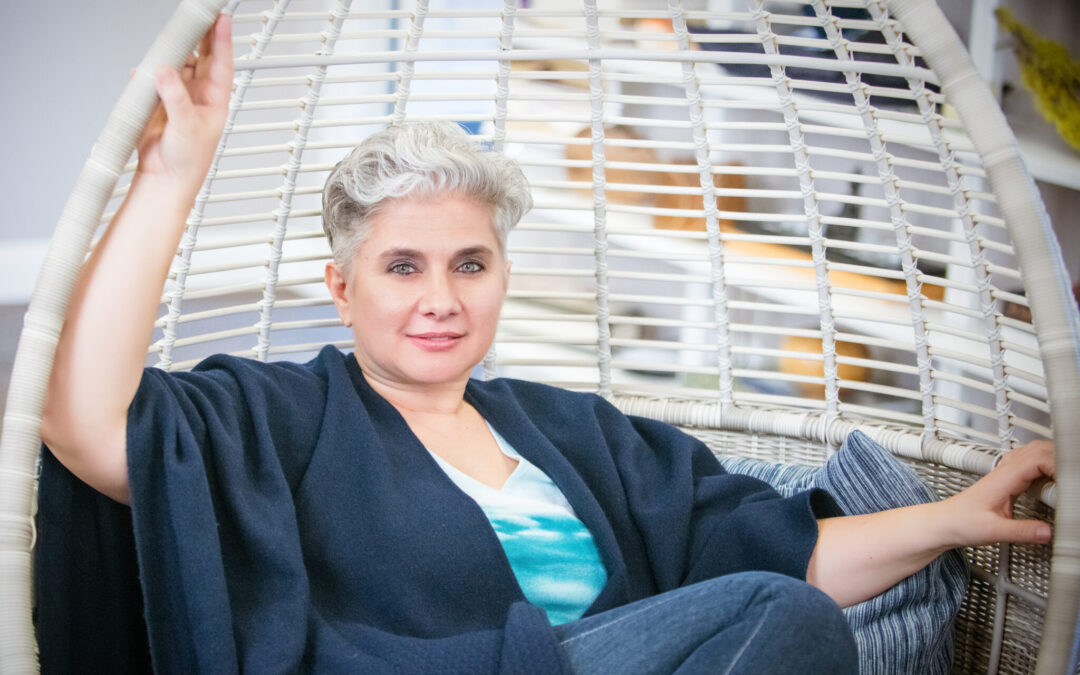
Intuition, Spirituality, Healing and Sexuality with Sofia Galanis
December 6, 2023
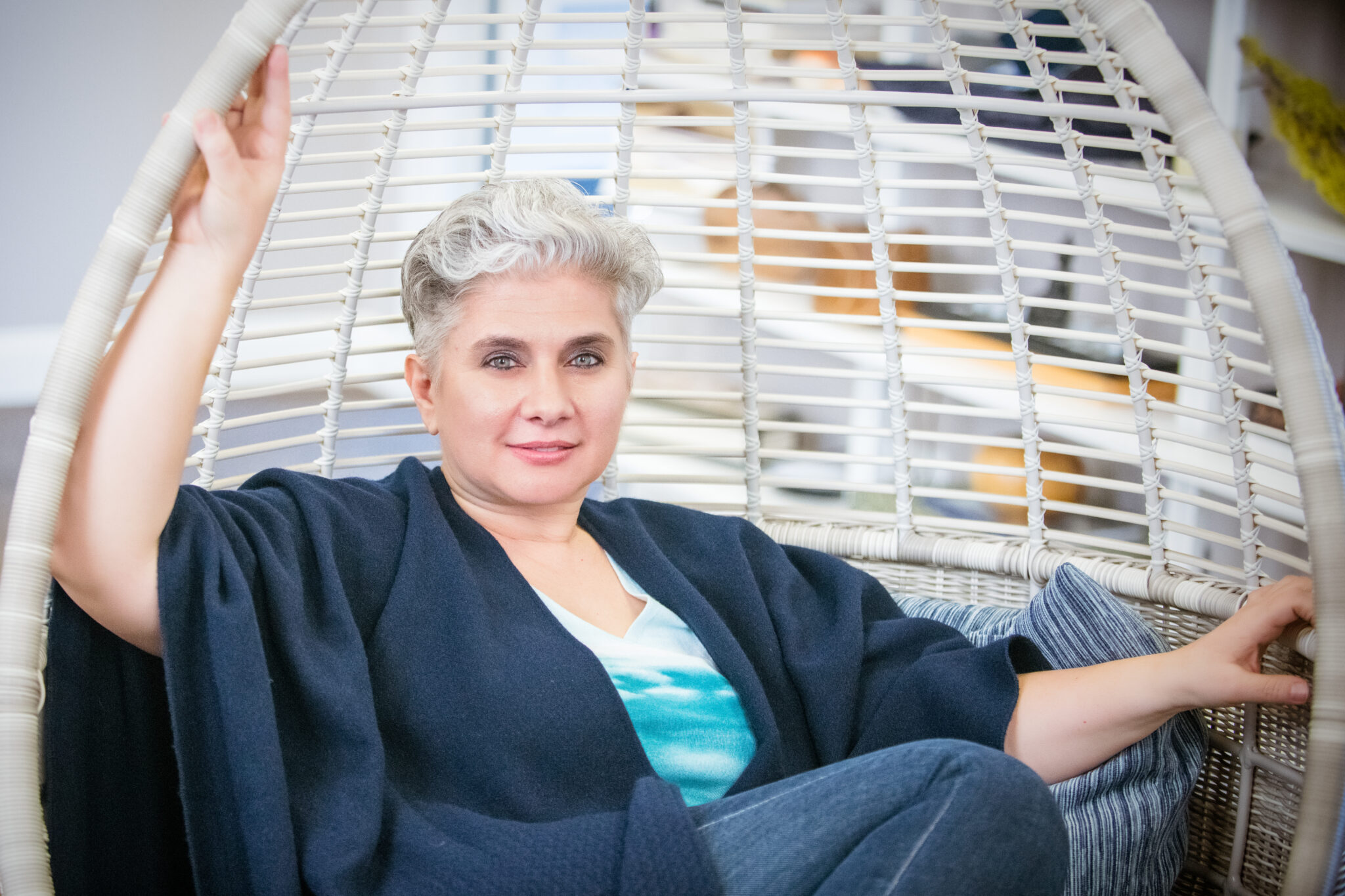
My guest on this episode of Her Story So Far is Sofia Galanis, a creative, intuitive, generous beautiful woman with incredibly magnetic and comforting energy. Sofia has explored and healed much of her own trauma by learning to honor herself and her boundaries as she embraced her full self. Now she helps others on their journeys of healing, while continuing on her own path. We’ll talk about her approach to health and wellness, the self love practice she has embraced, and how she helps people find purpose, joy, and creativity in their lives.
I can’t wait for you to meet my friend Sofia, and hear her inspiring thoughts. Our conversation includes frank discussion of surviving childhood sexual abuse and reconnecting with sexuality as an adult. If those topics don’t feel comfortable for whatever reason, please give yourself permission to opt out of this episode.
About My Guest
Sofia Galanis is a Chicago-based Psychic Medium, Health and Wellness practitioner focusing on health and wellness of mind, body, and spirit.
SUBSCRIBE! Spotify | Apple | Pocket Casts | Podchaser
Connect with Sofia
Schedule a session at https://calendly.com/sofiagalanis
Instagram: @sofia_galanis_
Facebook: Sofia Galanis, Embodied Wisdom
Transcript
[00:00:00] Lesley Whitehead: Hi, beautiful. This is your host, Lesley Whitehead, and I am so excited to share this bold, brave, badass, creative woman with you. I hope our conversation inspires you not to let anything get in the way of your passion projects. I promise you, we need whatever is on your heart to create for this world.[00:00:20] Thank you for being here with us on Her Story So Far. I can’t wait for you to meet my friend Sofia and hear her inspiring thoughts on creativity and spirituality. Before we dive in, I want to let you know our conversation includes frank discussion of surviving childhood sexual
abuse and reconnecting with sexuality as an adult. If those topics don’t feel comfortable for whatever reason, please give yourself permission to opt out of this episode..
[00:00:49] Hi, beautiful woman. I am here today with my second guest, and I am so excited to introduce you to Sofia Galanis. She is a psychic medium, health and wellness practitioner, chemist, scientist, mother of twins, and former clergy’s wife for 20 years. And I would like to add artist, because I have seen her art as well as a chart reader. Because I do know you do that as well, even though it’s not your official title and you’re not putting that forward, that was something you shared with me and I really appreciate it. So that’s who we’re talking to today.
Hello, Sofia.
[00:01:33] Sofia Galanis: Hi, Lesley. Thank you so much for having me on. It is such an honorto be here with you today.
[00:01:42] Lesley Whitehead: I am so grateful. You know, we had talked about you being onthe podcast and we actually were talking about having you later, and then I spoke to you and you said, no, no, I’m ready to come on. So I’m really excited to hear about why, first of all, you
were willing to come on sooner than later. What’s going on?
[00:02:02] Sofia Galanis: If not now, when?
[00:02:04] Lesley Whitehead: I love that. That is such a great, way to think about this and feel about everything, actually, in the world. And especially, you know, one of the things that we’re
going to talk about is being in our fifties. Now, so the first thing I want to ask you is how young
are you?
[00:02:21] Sofia Galanis: I am 50 years young.
[00:02:24] Lesley Whitehead: Yeah, congratulations for joining this party.
[00:02:27] Sofia Galanis: this Thank you. It’s, it’s fabulous. 50 is fabulous. Let me tell you, I am living the best days of my life.
[00:02:36] Lesley Whitehead: Oh, I love to hear that. I really do believe that. And I also believe
it only gets better. Because I hear from women in their sixties, seventies, eighties, and
everybody who is saying the same thing. It only gets better and better. So, fantastic, I’m glad
that you joined this party and… So tell me, so I know you as so many things, and I want to share
all of them with everyone. So tell me first about the medium part and how you realized that this
was a gift that you had.
[00:03:10] Sofia Galanis: It wasn’t something that I had named or labeled or defined for most of
my life. It’s only really been a few years that I have labeled it that as, just getting to know, uh,
other terminology other than growing up in the Christian church tradition, which I did, we really
didn’t talk about things like mediumship.
[00:03:36] Lesley Whitehead: Right.
[00:03:37] Sofia Galanis: And it was so taboo and so forbidden that it just wasn’t something that
was encouraged or talked about.
[00:03:45] But I would say that for me, understanding in retrospect and connecting the dots from
my past and what it means for me today, very early in life, I had several near death experiences.
And I feel like, for the majority of my life, I’ve been bridging both worlds and spirituality has
always been a really important part of my life. And just that connection to, you know, God, um,
you know, growing up in the Christian tradition, I still refer to the higher power as God. Um, I
honor other people’s choices.
[00:04:27] Lesley Whitehead: Lovely.
[00:04:28] Sofia Galanis: And, it just started slowly developing and as I cultivated my spiritual
life on the inside with quiet and meditation and prayer and, um, ritual, which for a long time
looked like going to church, you know, and, and that was part of the routine and the ritual and
the dedication and the devotion and cultivating that connection. And I had so many beautiful
mystical experiences during my time in the church and growing up in the church and all of that
was just such a beautiful connection.
[00:05:12] But I also saw where through my experiences where the church didn’t always have it
right. And not that they were wrong, um, that was just one perspective. And, um, I don’t think
that mediumship is any form of possession. I think it’s just clearing out all the distortions of other
people’s filters so that you can hear clearly. And I think everyone has that potential and that
possibility to see clearly and to know, and I just listen a little more clearly, uh, a little more
intently, that intuitive hit that says, someone crosses through my mind,
[00:06:01] Lesley Whitehead: right.
[00:06:02] Sofia Galanis: to reach out and to say, I’m so glad you called I was thinking about
you. I mean, I needed to talk to you. Or when someone crosses your mind, and then several
minutes later, they call you. I’ve just cultivated that ability to listen and to know that, that means
something.
[00:06:23] Lesley Whitehead: Okay. Okay. I love that. It, does it have to do with energy as well?
Is it an energy, um, feeling?
[00:06:31] Sofia Galanis: We’re all, we’re all energy, right? We’re living, we’re energy. It’s from
the food that we eat to the sunshine. Everything has a frequency and it’s really beautiful
because I really feel that quantum physics is really starting to give us some of the terminology to
explain the unseen forces that so many of us have felt and experienced throughout our lives.
And, that can really be an explanation for energy, frequency, energy medicine, prayer, meditate
the power of prayer. It’s the power of meditation. It’s the power of our thoughts and, uh, the
power of connection with one another.
[00:07:19] Lesley Whitehead: Right. I do feel like there’s something to be said about being
quiet and, and in meditation. And that’s definitely something to help you connect more to your
intuitive. That’s kind of what you were saying before.
[00:07:34] Sofia Galanis: Correct.
[00:07:35] Lesley Whitehead: Okay. Okay. I, um, had an experience, you know, I’ve had many
experiences recently where kind of like what you were saying, where you’re thinking about
someone and then they reach out or, you know, something serendipitous. Is that the word?
[00:07:51] Sofia Galanis: Serendipity is a beautiful word and I love… it’s alignment, It’s where
you are inspired to take action that brings you together with someone else. And I feel that about
our relationship and our conversations where serendipity brings us to have a conversation or to
talk about something or to reach out to one another and we each give each other something that
we really needed to hear. And that to me is God working through each of us.
[00:08:33] Lesley Whitehead: I agree.
[00:08:34] Sofia Galanis: To help support us along our way. And so, um, when we listen to that
little message, to that little voice in our mind that says, reach out to so and so or drive this way
to work today, that’s where the magic happens.
[00:08:50] Lesley Whitehead: Right. Right. So when you’re working with someone, what are
you helping them with? Do they come with, um, ideas of these are the questions I have? Or, I
mean, I know I have my experience with you. I’m not sure. So I came. And we did a reading and,
um, is that what you’re calling it? A reading? I’m not sure.
[00:09:11] A session. A session is really what I would call it. And I didn’t come with any particular,
idea except I do think I had something about work. But, how does that normally work? Does
someone come with an idea or is it something that just happens organically with the two of you?
[00:09:30] Sofia Galanis: Sure. So someone comes in with an intention of what they want to
work on or talk about, and that may be something physical because we know that the things that
we haven’t looked at can manifest physically in the body, we’re body, mind, and spirit
[00:09:48] Lesley Whitehead: Physical. You mean physical pain or physical? What do you
mean when you say physical?
[00:09:54] Sofia Galanis: it could be something physically that they’re dealing with. So it can be,
uh, joint pain, it could be, chronic headaches. It can be, it can be any number of things. So some
type of. physical discomfort may come up.
[00:10:11] Lesley Whitehead: Okay.
[00:10:12] Sofia Galanis: And by all means, I don’t offer any treatment, but I do find it
interesting that people say, I feel better that my, my knee’s not bothering me. My, whatever the
discomfort was
[00:10:27] Lesley Whitehead: Right.
[00:10:28] Sofia Galanis: tends to be helped or alleviated.
[00:10:31] Lesley Whitehead: Okay. And so it’s, it could be that it could be, but it might not be a
physical pain because I didn’t, I certain that wasn’t something that I felt. Um, it could just be. a
question that you have about life. It could also be just coming into seeing what’s and seeing
what’s coming up.
[00:10:52] Sofia Galanis: Right. So, so I think for me, one of the biggest things is bringing hope
to people, and help helping people find peace and love and compassion in their relationships
and their circumstances and their past and what’s happened in life so that they are free to move
forward in life.
[00:11:15] Lesley Whitehead: Right. Right. I think that’s lovely. And then we did do a little bit of
chart work. So do you want to explain that?
[00:11:24] Sofia Galanis: Yeah. So for, for myself and, and I share just what I’ve learned on my
own personal journey, I am by no means an astrologer, but sometimes what I see is I’ll see a
specific planet at play and I’ll say, let’s pull up your chart and I’ll share with you just a little bit of
what I’ve learned and give you some additional resources that you can go listen to or read
about, uh, to understand that more. Ones that particularly come up are Chiron, which is the
Wounded Healer, it’s an asteroid, and it typically indicates your childhood wounding. And, uh,
another one is, uh, the North Node, and it indicates what your soul is here to learn.
[00:12:16] Lesley Whitehead: Okay.
[00:12:17] Sofia Galanis: And, so those are probably the two that I tend to see the most
because people are looking for healing from the past, which we all have.
[00:12:29] No one is exempt. It doesn’t matter how much you were loved and how much you
were loved and supported by family or not. Everyone has wounding from their childhood. And so
that’s one piece. But then it’s also, what is preventing you from seeing what your soul is calling
you to do and the work that you’re supposed to do.
[00:12:50] And it’s not all, you know, I’m going to be a star. It can be how you make a difference
just in your community.
[00:12:59] Lesley Whitehead: Right.
[00:13:00] Sofia Galanis: And people know in their heart what that is, but we’re, we’re blinded to
it sometimes, and
[00:13:09] Lesley Whitehead: Definitely.
[00:13:10] Sofia Galanis: we’re afraid, we’re afraid to follow the calling. We’re afraid to follow
our hearts.
[00:13:14] Lesley Whitehead: Right. Well, it’s scary. It’s very scary to put yourself out there and
be vulnerable and say, this is, you know, who I am and what I believe and how I feel and, you
know, how I want to help the world.
[00:13:26] And what if people didn’t, you know, agree? I don’t know. That is, can be very scary.
Right?
[00:13:32] Sofia Galanis: It is scary to be seen and heard. And especially as women, because.
[00:13:38] Lesley Whitehead: Right.
[00:13:40] Sofia Galanis: there have been times where we have not felt safe to be seen and
heard. And so this brings me to, to something else that we, that I often talk about with my clients
is boundaries. You know, what, where are the holes in your boundaries that prevent you from
feeling safe?
[00:14:02] And I’ve had to do a lot of this work myself. I grew up in a home with domestic abuse.
And, safety, what has been a huge factor for me, uh, stay, stay small, stay small, don’t use your
voice. Because my father would lose it over what people would say. And so even this now has
been a work in progress to be able to say, this is who I am.
[00:14:33] Lesley Whitehead: Right. I’m sure.
[00:14:35] Sofia Galanis: Your opinion of me is, is just that, your opinion.
[00:14:40] Lesley Whitehead: Exactly.
[00:14:41] Sofia Galanis: And it doesn’t define me. It doesn’t define my, my worth. It doesn’t
define my value. this is me. This is my authentic self.
[00:14:52] Lesley Whitehead: But what, one thing you were saying, um, just made me think, it’s
very easy, I was the first child. So, and only daughter. And so I grew up, you know, a total people
pleaser. Because I was trying to, keep the peace, make everybody happy, fill in, become an
adult before I really needed to be an adult in many ways. And so, I didn’t speak up and I didn’t
have a voice in those ways because I was just spending all my time trying to please everyone
and be the good girl and look like the good girl and all of those.
[00:15:24] Sofia Galanis: Bingo. And that is the key word. Be the good girl and be the good girl
is betray yourself for everyone else.
[00:15:34] Lesley Whitehead: Right, exactly.
[00:15:36] Sofia Galanis: Betray yourself to fit in. Betray yourself to be loved. Betray yourself.
And so many women have this, this message. And not just women. I want to honor men as well
because I’ve definitely met. Men who feel that they have to betray themselves in order to be
loved as well. You know, do everything for everyone. Do it all, and betray yourself and don’t take
care of yourself. And taking care of yourself is selfish. And asking for your needs to be met is
being selfish. And that’s just not the case.
[00:16:14] Lesley Whitehead: Right. And also how much do you, praise do you get as a child
for those things? I mean, I, that’s the reason why you continue to do it, or I’ll speak for myself, I
did was because I got so much praise for it. Oh, look at Lesley. She’s such a little adult. I
remember being told that such a little girl and um, it made me feel good that I was getting all of
this, all these compliments. But it really wasn’t… it wasn’t helpful to me at that age to be, you
know, I should have just been able to be a kid and make mistakes and, but I, yeah, I feel that I, I
totally understand that.
[00:16:54] Sofia Galanis: And for me, it was, if I’m a good girl and if I do this, I keep the peace. I
keep the peace at home. I create a safe, a safe place at home, right? And so I don’t want to
discount this safety piece because I think that that is why we betray ourselves.
[00:17:16] Ultimately, we betray ourselves because it’s not safe for us to be us.
[00:17:21] Lesley Whitehead: Right. Exactly.
[00:17:22] Sofia Galanis: And, and I think that’s part of the human experience as well and I just
want people to be encouraged to be themselves, to be authentic,
[00:17:34] Lesley Whitehead: Yes.
[00:17:35] Sofia Galanis: to belong first to yourself because when you fully love and accept
yourself. That’s when you find your people that’s when you find people that will love, support,
encourage you and cheer you on. Not because you’re cookie cutters of each other,
[00:17:59] Lesley Whitehead: Right. Right. Exactly.
[00:18:02] Sofia Galanis: but because your light is so bright that it’s infectious, and inspiring
[00:18:12] and just helps people feel loved and peace within themselves, not because of what
you did for them or what you do for them, but just because you’re present in the moment.
[00:18:27] Lesley Whitehead: Exactly.
[00:18:29] Sofia Galanis: And that’s the magic. That’s taking it back to that serendipity.
[00:18:34] Lesley Whitehead: Right. Oh yeah. I feel that.
[00:18:36] Sofia Galanis: That’s when you’re open to those serendipitous magical moments.
[00:18:40] Lesley Whitehead: Right. Right. Boy, it’s hard walking through this world to be there
all the time though, isn’t it?
[00:18:46] Sofia Galanis: It is.
[00:18:47] Lesley Whitehead: With all, everything that we’re inundated with, I think it’s hard to
stay in that, that place.
[00:18:53] Sofia Galanis: The digital age has ushered in a lot of distraction. And there’s a time
and a place for it, but how do we remember what it’s like to connect with another human being?
Because that is something that technology, AI, cannot replace. The, the power of connection
between two human beings, the power of love.
[00:19:21] Lesley Whitehead: Right.
[00:19:22] Sofia Galanis: The power of compassion and the power of presence. And so we use
technology and all of this, these digital marvels. And they are marvels.
[00:19:34] Lesley Whitehead: They are.
[00:19:35] Sofia Galanis: And they are gifts, but how do we come into right relationship with it?
And in my opinion, it’s no different than coming into right relationship with food, with alcohol, or
with any other situation in life.
[00:19:53] Lesley Whitehead: Great. What is the answer? Moderation?
[00:19:56] Sofia Galanis: I think for each person it’s different.
[00:19:58] Lesley Whitehead: Okay.
[00:19:59] Sofia Galanis: I think that we each have different careers where we use technology
and digital technology in such a different way,
[00:20:10] Lesley Whitehead: Right.
[00:20:11] Sofia Galanis: but I think it’s the matter of remembering to look at people in the eye.
To see someone’s joy, to see someone’s sadness and the power of, are you okay?
[00:20:25] Lesley Whitehead: Yes. Oh, I love that. I feel that about you too, because when I
met you, there was just some energy right away. I just, I wanted to glom onto you and just follow
you around everywhere.
[00:20:39] Sofia Galanis: You’re so sweet.
[00:20:41] Lesley Whitehead: No, because I feel that sincerity from you. It just feels so genuine
and your energy is so healing just to be around you. I really feel that I do when I’m around you
and those big blue eyes, nobody can see you, but you are of Greek descent, correct? You, your,
your family. Yes. And you are a stunning woman, this beautiful woman with these. Big blue
piercing eyes. They’re gorgeous. They’re just so, and so when, when, when I met you, I just, I
just felt like, who is this woman? I want to be around her. I want to know her.
[00:21:20] Sofia Galanis: Well, thank you so much. I, again, it comes from finding that peace
within me
[00:21:27] Lesley Whitehead: Right, right,
[00:21:28] Sofia Galanis: and, and being at peace with me and being at peace with all of the
different things that have happened in my life. And, life doesn’t happen to you, it happens for
you. I would say that there were different times in my life where that would have been very, very
tough to hear.
[00:21:47] Lesley Whitehead: Okay.
[00:21:47] Sofia Galanis: Because it’s really difficult to say, this is happening for me during like
some of the most painful times when I didn’t feel safe, this is happening for me? You know,
question mark. Why? And, but it was happening for me for my healing and it was happening for
me to know that I am inherently safe and protected.
[00:22:17] And that was something that I would say that was lacking. I did not have that sense of
safety for the majority of my life. Because I had given that power of being safe and protected
over to other people. That I was waiting for other people to protect me or to keep me safe. And
when I took that power back within me, it’s like I know what to do to keep me safe. I know what
to do. I am capable of making decisions and placing myself in situations and environments
where I am safe and protected. That was so key, like bringing that back into myself
[00:23:03] Lesley Whitehead: Okay.
[00:23:04] Sofia Galanis: has really been a key for just, finding peace within myself and finding
peace for all of the different people in my life who didn’t create situations where I felt safe.
[00:23:16] Lesley Whitehead: Okay. Okay. And was that recent? That you found that?
[00:23:21] Sofia Galanis: Yes. Very recent. Something, something I’ve been working on, I’d say
for the past seven years, but really felt like, uh, I cleaned up all of those holes in my boundary
probably within the past year.
[00:23:35] Lesley Whitehead: Wow. That’s fantastic. So are you able to help other people with
that?
[00:23:40] Sofia Galanis: I love empowering other people and giving them the tools to see
what’s going on in their environment. And so, uh, one of the first tools that I use. You know,
people often talk about they’re having a conflict with someone in their life and it can be personal,
it can be professional. It can be, you know, drivers driving down the street or triggering to
someone, you know, I mean, welcome to the modern age.
[00:24:09] Lesley Whitehead: Right.
[00:24:10] Sofia Galanis: And the thing is, it’s like, it’s understanding. What are they mirroring to
you?
[00:24:15] Lesley Whitehead: Oh, yes.
[00:24:18] Sofia Galanis: Right, and what are they mirroring to you and, what is that telling
you? Is it connected to something you heard growing up? Is it connected to, you know, a car
accident that you had? Is that, what is that connected to? And when you find peace with that,
those situations are not triggering anymore. And so, people mirror to us what we are or what we
judge.
[00:24:46] Lesley Whitehead: Okay.
[00:24:47] Sofia Galanis: And that second one’s a little tough. You know, I’ll give you an
example, because for the longest time, I was so triggered by people who, by liars. I was so
triggered by liars and gosh darn it, you know, you better believe that I kept attracting liars as
friends. And I was just like, what is this? You know, why, what, what is this? Do I have like,
please lie to me, like stuck as a label to my forehead. Where is this coming from? And, what I
really had to find peace with was where was I lying to myself.
[00:25:32] Lesley Whitehead: Oh gosh, that’s so deep.
[00:25:35] Sofia Galanis: and that hit me like a ton of bricks because of where I was lying to
myself was that I was okay with constantly serving others at the cost of me.
[00:25:50] Lesley Whitehead: Right.
[00:25:51] Sofia Galanis: You know, for the highest good and benefit of all at the cost of me.
And I really had to change that to the highest good and benefit of all, including me,
[00:26:02] Lesley Whitehead: I I love that.
[00:26:03] Sofia Galanis: Because I am a child of God too, and I am worthy of having my needs
met as well.
[00:26:13] Lesley Whitehead: Right. Right.
[00:26:14] Sofia Galanis: And so I was lying to myself that I could do it all. I was lying to myself
that I was okay with the table scraps of what other people had left over for me.
[00:26:28] Lesley Whitehead: That’s beautiful that you were able to figure that out and you’re
able to help other people with that.
[00:26:34] Sofia Galanis: again, it’s, I really hope to just empower people to have the tools to
just live with more hope, more love, more self acceptance and more compassion, not just for
themselves, but for others. Because it’s really interesting. Lesley, we do such a great job of
forgiving others and asking for forgiveness
[00:27:01] Lesley Whitehead: We do.
[00:27:03] Sofia Galanis: We do, we do such a great job, but we forget to bring that back into
ourselves.
[00:27:08] Lesley Whitehead: Right.
[00:27:09] Sofia Galanis: We forget to bring in, well, I forgive them, but I also forgive who I was
in that moment.
[00:27:17] Lesley Whitehead: Right. Grace. Exactly.
[00:27:20] Sofia Galanis: Grace, mercy, compassion, forgiveness.
[00:27:24] Lesley Whitehead: Right.
[00:27:26] Sofia Galanis: And then the other piece that I feel is, and I, I heard this for a long
time. Be grateful, be grateful, be grateful. And sometimes we look around and during those
really dark moments, and we’re struggling to find that one thing to be grateful for. And not out of.
a lack of desire of wanting to find the grateful things, but more it’s just hard to see it through the
darkness.
[00:28:04] Lesley Whitehead: Sure.
[00:28:05] Sofia Galanis: But I have found in those moments of confusion to be thankful for
how I’m going to feel afterwards. So, I am so grateful for the opportunity to have touched the
lives of your podcast listeners
[00:28:25] Lesley Whitehead: Oh, I love that. Me too.
[00:28:29] Sofia Galanis: I haven’t done that yet.
[00:28:31] Lesley Whitehead: Right. I see.
[00:28:32] Sofia Galanis: Right. I don’t know who your, your listeners are, but I’m so grateful for
touching their lives. Right. And so it’s something that hasn’t happened yet, but I find being
grateful for what’s coming just kind of brings in just the good stuff.
[00:28:55] Lesley Whitehead: Definitely. That’s beautiful. So one of the things you mentioned
too was self love. And that leads me to the next topic that we were going to discuss that you
said you wanted to share about self love and becoming creative,
[00:29:13] Sofia Galanis: Yeah. So I’ve, I’ve talked a lot about safety and how safety has been
such a theme in my life and not feeling safe. And it was about five years ago
[00:29:31] Lesley Whitehead: Okay.
[00:29:33] Sofia Galanis: I had a memory from my childhood returned to me.
[00:29:39] Lesley Whitehead: Okay.
[00:29:40] Sofia Galanis: And, it has unfolded to the discovery that before the age of five, I was
sexually abused by two different people and sexually molested by seven different people.
[00:29:51] Lesley Whitehead: Oh my God, I’m so sorry.
[00:29:54] Sofia Galanis: Thank you. Thank you. Um, let me just say, I share that. I’m great. I’m
doing great. I’ve, again, I am living the best days of my life. I have never felt more empowered
and more within myself. And so I share that because it was a discovery. There was so much that
I had closed myself off. I had all of these walls and these boundaries that I had set up where I
was keeping people at arm’s length. And I spent so much time trying to understand what is that?
What am I doing? Why am I doing that? Why is that boundary there? And I was meditating and I
could see it. I could hear it. I could hear what was being said. I could feel how I was being
touched and, and all of the memories came back
[00:30:56] Lesley Whitehead: Okay.
[00:30:58] Sofia Galanis: And, it was tough. It was tough to,
[00:31:04] Lesley Whitehead: I’m sure.
[00:31:06] Sofia Galanis: you know, because these were people that my parents had trusted
into our lives and, um, my parents did not know. These people are just masters at manipulation,
right? And, and hiding And secrets. And secrets really take a lot of energy. And they take a lot of
energy out of our lives. And so the challenge when, for me personally, is, you know, I grew up in
a home with domestic abuse and then the sexual abuse, and I really struggled with trusting
people,
[00:31:48] Lesley Whitehead: I can imagine.
[00:31:49] Sofia Galanis: and especially people in authority,
[00:31:56] Lesley Whitehead: have no doubt. Makes. Sense. Yes.
[00:32:00] Sofia Galanis: you know, people in authority and, um, you know, I didn’t trust
therapists. I had tried a little bit of talk therapy after my twin sons were born. And I just didn’t feel
like it helped me with any, it didn’t help me resolve anything. Uh, and so I really struggled with
trusting. And so I went within, I went within to find that piece.
[00:32:29] And, uh, after my marriage ended and my marriage dissolved, I really started to
develop how do I know myself better? And there was all of this shame connected and attached
to my sexuality, my femininity. And the irony is, is that like, I really struggled with touch. I mean,
yes, I would hug people and, you know, and especially my kids and family and things, but I
really struggled with touch and, and so I got into a pleasure practice. And I prefer to call it a
pleasure practice. I know some people refer to it as masturbation, but I think that…
[00:33:16] Lesley Whitehead: I like pleasure practice.
[00:33:18] Sofia Galanis: Pleasure practice it, well, there’s such a negative connotation
associated with masturbation and, and ultimately I think the human body was designed for
pleasure. There’s a reason those pleasure points are there. And so I really just cultivated a
robust pleasure practice, uh, self pleasure practice where I have truly gotten to know myself.
[00:33:47] Lesley Whitehead: That’s fantastic.
[00:33:48] Sofia Galanis: And the beauty is, Lesley, is that with every, with every pleasure
practice, I set an intention. And for the longest time, the intention was for my healing.
[00:34:00] Lesley Whitehead: Right. Oh, beautiful. I love that.
[00:34:02] Sofia Galanis: Right. And, and so, the genitals are connected to the root chakra and
the root chakra is just our safety, our foundation and our security and our stability. And there
were so many things, memories that came up that were just so not connected, even, to my
sexuality, to my femininity, but connected to my sense of safety that would come up and it would
give me an opportunity to rewrite the story,
[00:34:38] Lesley Whitehead: Okay.
[00:34:39] Sofia Galanis: right? To rewrite the story of my childhood because I’m an adult now,
and I have empirical evidence that the story that I made up as a child or the story, the
programming that I learned from my family is not necessarily true,
[00:34:57] Lesley Whitehead: Right. Exactly.
[00:34:59] Sofia Galanis: as it was written in my childhood. And so I get to now look at, well, do
I still believe that? Is that my experience?
[00:35:09] Lesley Whitehead: Right.
[00:35:10] Sofia Galanis: What do I believe? What do I want to believe? What feels true for
me? And what feels true for me in my heart? And, and I talk about that and I know that there are
a lot of people in Christian circles, I’ve seen these discussions on social media where they talk
about there’s only one truth and, um, that truth is God’s truth. But if we believe that we’re
created in the image and likeness of God, then we have to trust and believe that we have a
sense of what God wants for us as well.
[00:35:50] And, and I feel like that comes to us through our heart wisdom, through the peace
that we feel in our heart. And that is a big filter for me because our society, we get stuck in our
mind a lot and we disassociate from our body consciousness.
[00:36:07] Lesley Whitehead: Right.
[00:36:07] Sofia Galanis: But when our body consciousness contracts, when we tighten up,
when we tense up and when we contract, that tells me that something’s not necessarily true or I
don’t know all of the truth.
[00:36:22] Lesley Whitehead: Okay.
[00:36:23] Sofia Galanis: But, when I’m at peace and my body and my heart feels peace and
my body is relaxed and I open up and I feel expansion and connection with other people. That’s
when I know that I have hit on truth.
[00:36:44] Lesley Whitehead: I love that. One of the things that you had talked about was that
this practice has also helped you in creativity. And I, I’d love to hear more about that.
[00:36:54] Sofia Galanis: Right.
[00:36:54] Lesley Whitehead: And also how that can help other women with their creativity. We
kind of talked about that a little bit.
[00:37:01] Sofia Galanis: Absolutely. So I was studied sciences. I was in the sciences. I have
my master’s degree in chemistry. And, uh, the last time I had taken an art class was I think
middle school. I did not consider myself to be artistic at all. And, uh, as I was cultivating my
pleasure practice, I kept hearing paint.
[00:37:29] Lesley Whitehead: Okay.
[00:37:29] Sofia Galanis: I kept hearing paint. And I had so much resistance. Because it didn’t
look pretty. It’s funny how we judge ourselves and we judge everything that we create. But the
art was for me. The art wasn’t for me to, um, share in a gallery anywhere. Uh, the art was for
me. And oftentimes what it looked like was color on a canvas and, um, pushed around either by
paintbrush, but for a long time, I just used a palette knife.
[00:38:08] Lesley Whitehead: Okay. Okay.
[00:38:09] Sofia Galanis: And it just helped me move energy, move emotion, move thoughts
that were stuck. And it was fascinating because so many of my pieces would end up as water,
like water scenes. Right? So choppy waves versus flowing waters versus, you know, blue with,
you know, white glistening accents, versus…
[00:38:44] Lesley Whitehead: When you were painting, did you see that as, were you thinking
this is going to be water or were you just letting the paint flow on? And then when you looked at
it, you thought this is what, I mean, what,
[00:38:56] Sofia Galanis: Great question. Great question. So I would start with a canvas and
the colors that I would start with, there were multiple layers. I would paint upon, paint upon, paint
upon the canvas, multiple layers. And so whenever I felt so inspired, I would go grab any, any
colors, not just colors that you would see in water. And I would just paint and move, move the
colors around on the canvas. And at first I had no idea what they were, what they were going to
become.
[00:39:31] And sometimes I was working with more than one canvas at a time. I would be
working with, four to five canvases at a time. And I was just like, I don’t understand what I’m
doing, but this is how I just followed the inspiration, followed my intuition, followed what I, what I
felt like I was hearing. And I would, um, just move the paint, move the colors around and set it
aside. And when I felt like I was ready for another layer, I would, I would add another layer. And
sometimes I would be working on one piece over the course of a couple of days and just as
soon as it dried, I would be adding another layer, and sometimes even before the layer dried, I’d
be adding another layer. And so it was very, it became very meditative.
[00:40:27] But color has a healing frequency.
[00:40:30] Lesley Whitehead: Oh, I want to hear more about that.
[00:40:33] Sofia Galanis: And I know that as I was moving those colors, it was bringing in the
healing that I needed as well. Green, when you think of like the color green, for example, it
represents the earth and growth and, things provided to us by Mother Earth, right? Like all the
nourishment that we need. Blue represents our expression. It represents truth.
[00:41:03] Lesley Whitehead: Okay.
[00:41:04] Sofia Galanis: You know, red represents love, but it can also represent danger.
Right. So it depends on like, is it blue kind of pink or is it, you know, dark and muddy and, how,
how’s it flowing on the canvas? And so, you know, whether you think of the colors associated
with the seven different chakras, or I know that there are other, there are other resources out
there talking about the frequency of color that it brings in and color therapy that exists out there.
[00:41:42] And so the lesson really for that is, whether it’s for painting or how you decorate your
home or the clothes that you’re wear, you know, sometimes we’re just really inspired. Like, I
know I need to wear that green shirt today, or today I’m wearing this, um, beautiful blue wrap
that I had purchased at Autum’s shop, The Collective Lifestyle Boutique and Makery. And you’re,
you’re drawn to specific colors because it supports what you need at that time.
[00:42:17] Lesley Whitehead: Right. I love that. I’m not familiar with that. I wasn’t familiar that, I
think I knew it, but, um, but I hadn’t heard it in those terms. The colors can be healing,
[00:42:30] Sofia Galanis: Absolutely. Color is frequency. Words are frequency. Music is
frequency. And so when we think about what we’re drawn to in life at different times, it’s
supporting in and bringing to us what we need at that time.
[00:42:49] Lesley Whitehead: Right, right. Well, and I’ve seen some of your work. Is this
something that you’re doing just for yourself or do you think it will be something that you will
share with the world?
[00:43:00] Sofia Galanis: Oh, such a great question. At this time, I can tell you that everything,
most everything that I’ve created to date is very personal. There are gifts that I’ve made for
others where I felt inspired to create art for others, uh, that I have gifted for others. So, uh, right
now it’s still really personal,
[00:43:23] Lesley Whitehead: Okay. Beautiful. I love that.
[00:43:25] Sofia Galanis: But still really powerful, right? And that’s, that is such a tool that
anyone can use at any time for their own healing. It’s available for you. It doesn’t have to be for
public display for, it to be a form of expression for you.
[00:43:45] Lesley Whitehead: Right. And like you said, it doesn’t have to be painting. It could be
writing. It could be creating music. It could be taking photographs. It could be, whatever.
[00:43:56] Sofia Galanis: Knitting, sewing. It could be.
[00:43:58] Lesley Whitehead: Exactly.
[00:43:59] Sofia Galanis: It could be cooking
[00:44:01] Lesley Whitehead: Yes. Cooking. Cooking is, I love cooking.
[00:44:05] Sofia Galanis: Is such a creative outlet, right? I mean when you look at foodies and
what they create,
[00:44:11] Lesley Whitehead: Yes.
[00:44:12] Sofia Galanis: It is such a creative process.
[00:44:14] Lesley Whitehead: It’s art. It is. It is. My daughter last night made, she’s out in
Denver, but she made a spinach pie, which I had never thought about making. Shared the
recipe with me. It was beautiful. It looked like a piece of art. It really did.
[00:44:30] Sofia Galanis: That’s awesome.
[00:44:32] Lesley Whitehead: I know. I love that. So well, first of all, before I ask my last
question, is there anything else that you wanted to share? Any wisdom, anything that’s coming
up that you feel they need to hear? Our audience.
[00:44:47] Sofia Galanis: What I really want to share is that
[00:44:49] sometimes we carry other people’s emotions. And for me, I was holding on to a lot of
people’s shame and I thought it was my shame.
[00:44:59] Lesley Whitehead: Right.
[00:45:00] Sofia Galanis: I thought I had to be ashamed of my sexuality. I thought I had to be
ashamed of my femininity. There were so many messages that I received where being a woman
and being feminine was weakness.
[00:45:15] Lesley Whitehead: Right, right.
[00:45:16] Sofia Galanis: But there’s strength in our femininity and that strength comes from the
ability to create. Because that is something that women can do that men cannot.
[00:45:30] And not that they can’t create art, create music. It’s just very different. But, a woman’s
creative life force center has the capacity to just create life,
[00:45:44] but it becomes something so much greater when it is balanced with that ability to just
receive and relax and be nurtured and nourished and be inspired. The ability to receive that
inspiration, to be a vessel for allowing that creativity and that inspiration to grow and develop
and to be birthed, I think, is just something that women possess that is so powerful that cannot
be matched by men on their own. I think men have other strengths.
[00:46:32] Lesley Whitehead: Right.
[00:46:33] Sofia Galanis: But I think that this is something that’s just really powerful, and for
women to take that energy back that they’ve given away to all of their partners, former partners
that they’ve ever been with. To get back that power to create and their worthiness of creating,
uh, not just human beings, but their legacy. Their legacy of love, their legacy of compassion,
their legacy of art, their legacy and the, and the footprint of, of what’s here on the planet and
how women have transformed the world with what they’ve created and brought into it.
[00:47:15] Lesley Whitehead: I love
[00:47:16] that. That’s beautiful.
[00:47:18] Sofia Galanis: Being a woman is strength.
[00:47:20] Lesley Whitehead: It is. We need to harness it.
[00:47:23] Sofia Galanis: That’s right.
[00:47:25] Lesley Whitehead: And own it.
[00:47:26] Sofia Galanis: You know, our feminine energies receive and our feminine energies
inspire the masculine. They inspire action. Like, so we need that harmony and that balance
between our feminine energies and our masculine energies. And then, likewise, as women with
the men in our lives.
[00:47:48] Lesley Whitehead: Right. Right. One other question I want to ask you, and you are
part of my 55 women project, which I didn’t mention at the beginning, but when I had met you, I
just thought, oh my gosh, this woman needs to be part of my 55 women project. Cause she is
such a badass. But one of the questions I asked, and I loved getting all the answers for was,
what is one thing that, um, people would be surprised to know about you?
[00:48:14] Sofia Galanis: Good question, Lesley. First me just say it was such an honor to A,
work with you to be photographed. You are such an amazing photographer. I had such a
wonderful time. Thank you. I love my photos. So excited about them, and they really helped me
feel beautiful.
[00:48:38] Lesley Whitehead: Oh, thank you so much. I’m so glad. That is my goal with
everyone I have the honor of photographing, is feeling like you see yourself, who you are, you
feel beautiful and you recognize yourself. In a very beautiful way, so thank you for that.
[00:48:56] Sofia Galanis: You’re welcome. So I already feel like I’ve shared some things in this
podcast already that I don’t think very many people really knew about me.
[00:49:05] Lesley Whitehead: Well, then maybe the question’s been answered. Maybe you feel
like the question’s already been answered and it doesn’t need to be answered again. Okay.
[00:49:12] Sofia Galanis: I do.
[00:49:13] Lesley Whitehead: That’s very fair. Oh my gosh, Sofia. I am so grateful that you sat
down with me here today and shared all of your heart and soul. And what you’re offering to the
world and the beautiful lessons that you’ve learned about yourself, and the feminine parts that
we need to recognize in ourselves. It just really resonated with me. I know it’s going to resonate
with everyone else out there. And, um, I also hope that everyone takes, um, an opportunity to
start, um, doing that self pleasure practice?
[00:49:54] Sofia Galanis: Everyone needs a pleasure practice, whether they’re there, they’re
with a partner or by themselves. Because there is a self awareness that comes from your own
self pleasure practice. And so, um, there is something so valuable and honorable to the human
body. And, we all need more joy and, and pleasure in our lives. And it’s just about finding the
right balance. And so, um, go discover yourself.
[00:50:29] Lesley Whitehead: That is a great, a great ending, my friend.
[00:50:34] Sofia Galanis: Thank you so much. It has been such an honor to work with you and
to be a guest on your podcast. I wish you so many good things. And I wish so many good things
for your listeners as well. And thank you for the opportunity to allow me to be seen and heard.
[00:50:56] Lesley Whitehead: Thank you, Sofia. You are a beautiful woman.
[00:50:59] Sofia Galanis: You are too.
[00:51:01] Lesley Whitehead: Love you.
[00:51:02] Sofia Galanis: Love you too.
[00:51:07] Lesley Whitehead: Thank you so much for joining me today. I hope you found this
episode inspiring as well as entertaining. If you want more out of the box wisdom from boots on
the ground, creative, brave women like this one, subscribe to Her Story So Far podcast
wherever you listen, and please share this link with anyone who needs some inspiration. To
receive more wisdom in your inbox, sign up for my weekly letter at
Lesleywhiteheadphotography. com.
[00:51:36] Her Story So Far podcast is produced in conjunction with mad talented executive
producer K.O. Myers at Particulate Media.
[00:51:46] Thank you to all my beautiful bold guests, without them there would be no show.
[00:51:52] Until next time, get out there and make yourself visible to the world. We need you and
your creation. If no one has told you today, you are beautiful.
Her Story So Far
Her Story So Far focuses on outside-the-box conversations with badass female creatives. These women are birthing amazing passion projects in the 2nd and 3rd chapters of their lives. Host Lesley Whitehead is an artist, visual storyteller and multi-passionate marketer. She believes age shouldn’t stop you from achieving your dreams or make you invisible to the world. Join us to be inspired by the wit, wisdom and one-of-a-kind experiences of these amazing women.
Subscribe + Share
If you want more out of the box wisdom from boots on the ground creative wise women like this one subscribe to Her Story So Far wherever you listen to podcasts and please share this link with anyone who needs some inspiration.
Join My Inspired Women Newsletter
Sign up to learn about the next Her Story So Far episode when it is released and receive weekly inspiration in your inbox.
